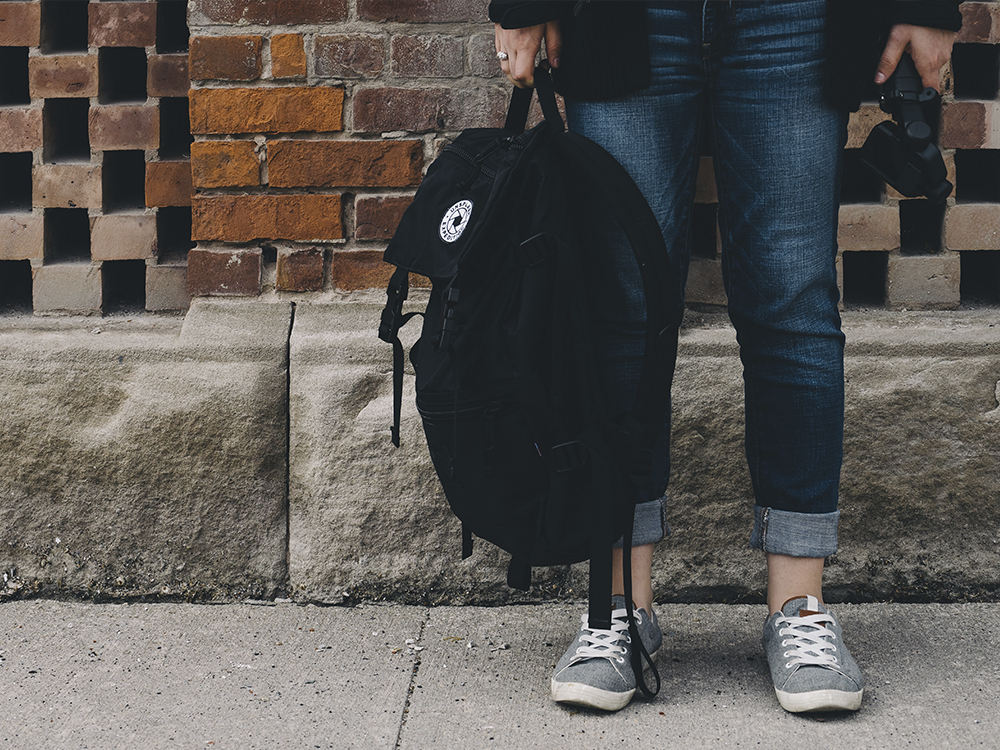Managing Anxiety upon Returning to College
08.10.2020

As college students prepare to return to school, they will be adjusting to a new normal.
Dr. Alanna Carrasco Drummond, a licensed psychologist and outreach coordinator with the Student Counseling Center at The University of Texas at Dallas, said it’s important to set new expectations during this time.
“You might find yourself getting distracted more easily, struggling to stay motivated or procrastinating,” Drummond said. “It is expected that you may have trouble adjusting to this experience, especially if you do not have access to the same routine, support and resources. Be patient with yourself, and stay curious about new ways to cope and thrive.”
Drummond offered these tips for college students:
- Keep a routine. Designate time in your schedule for regular social connection, study time, job tasks, etc. It is easy to become overwhelmed by having too many options for how to spend your time and not enough structure. Even if it means scheduling a phone or video call with a friend, grocery shopping, or physical activity/mindful movement, it can reduce anxiety to have a sense of what to expect in the day.
- Stay engaged. If you were planning to check out a new club or student organization this semester, you still can. Many university clubs are maintaining a presence via virtual meetings, watch parties, social media or group chats. You may find that you have a bit more free time in your schedule and can focus on building new relationships.
- Try new ways to cope and thrive. Join a virtual study group instead of studying alone; pick up a new or long-lost hobby; or instead of sleeping late, wake up earlier and try out a midday nap.
- Do not be afraid to reach out for support. Talking to someone can help, and it does not necessarily need to be a therapist. Perhaps you feel comfortable reaching out to a mentor, spiritual leader, coach, academic advisor or family member. Connecting with others can feel empowering and hopeful and potentially lead to finding more support and relief.
–Brittany Magelssen



